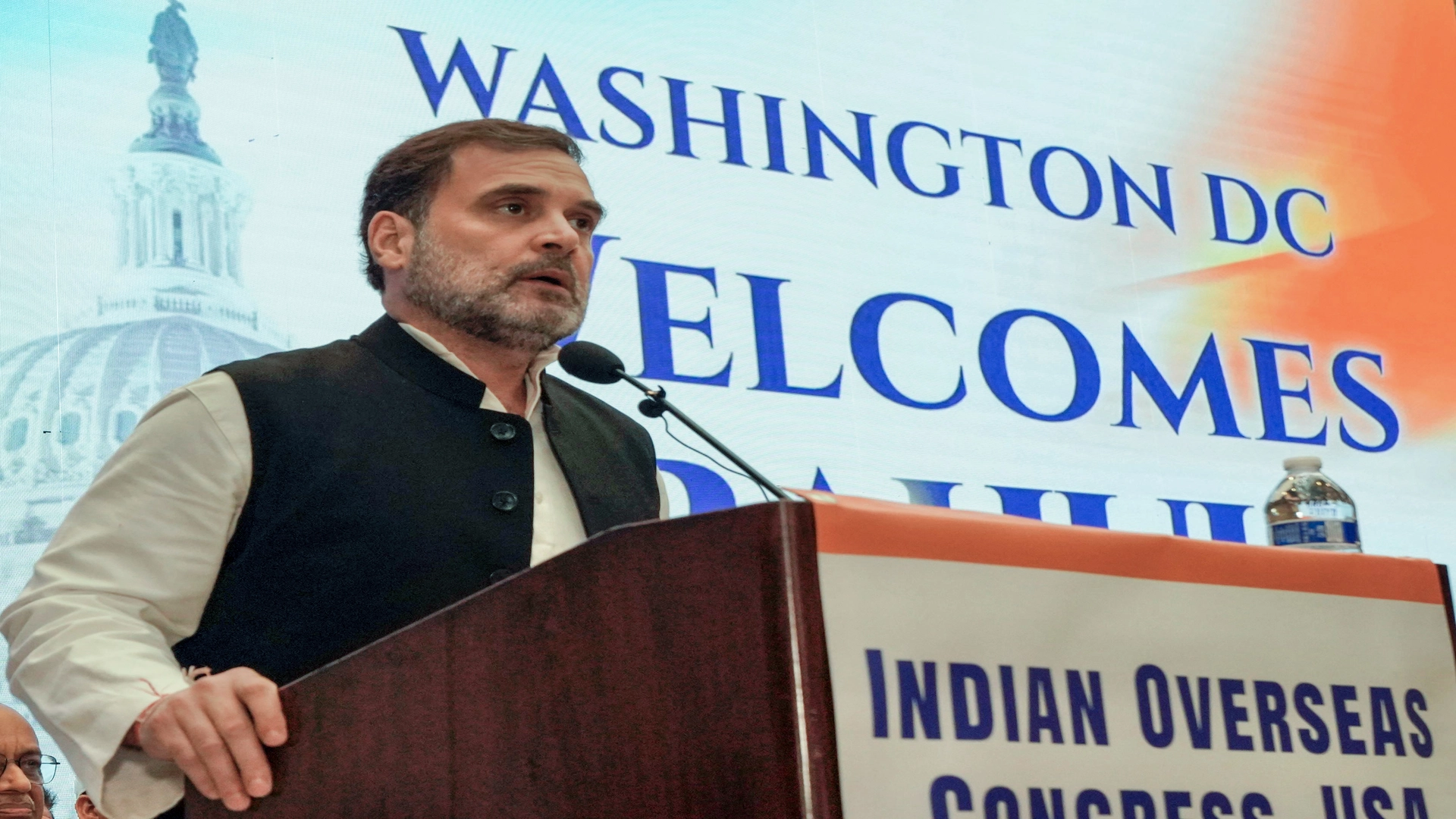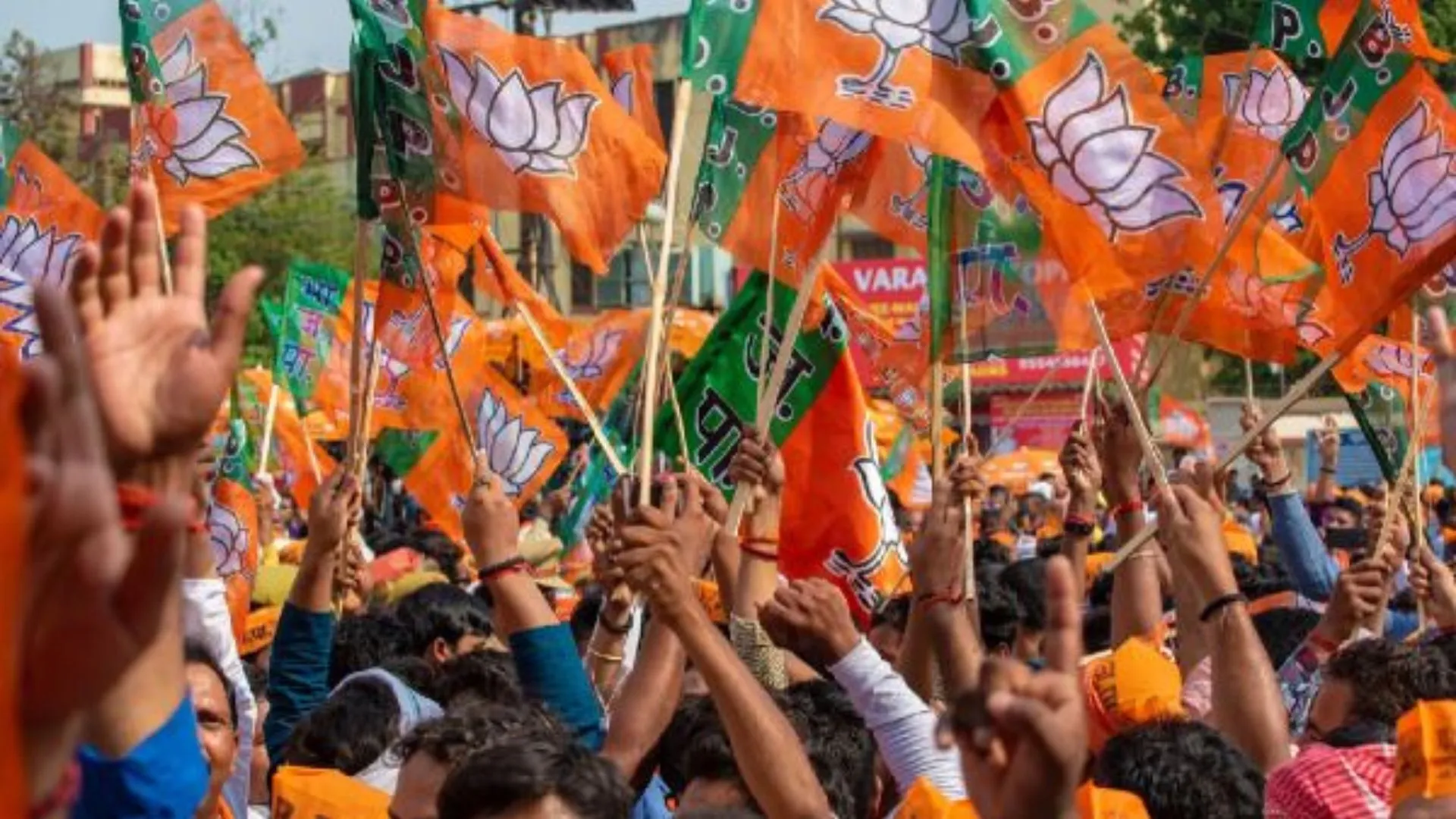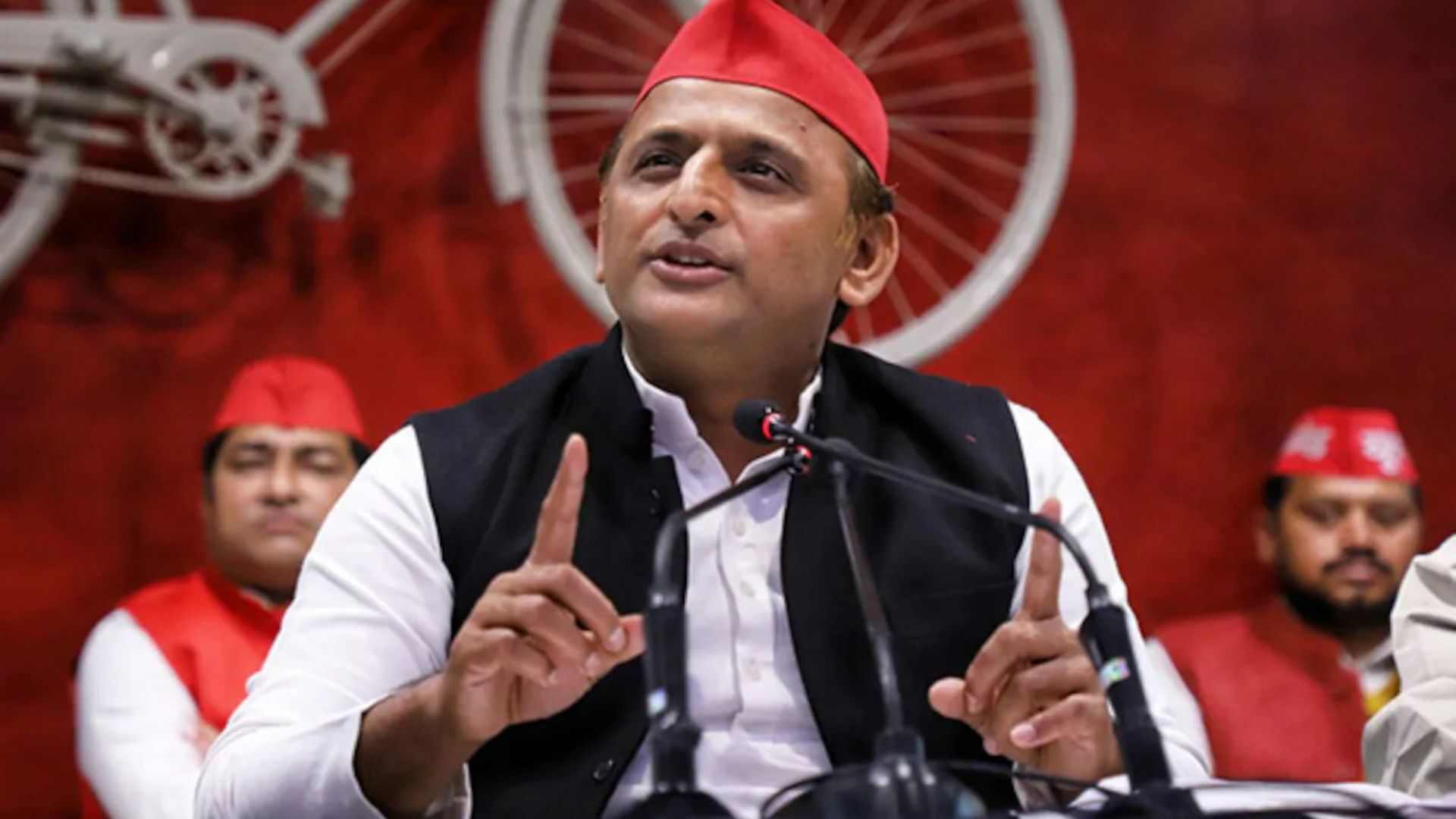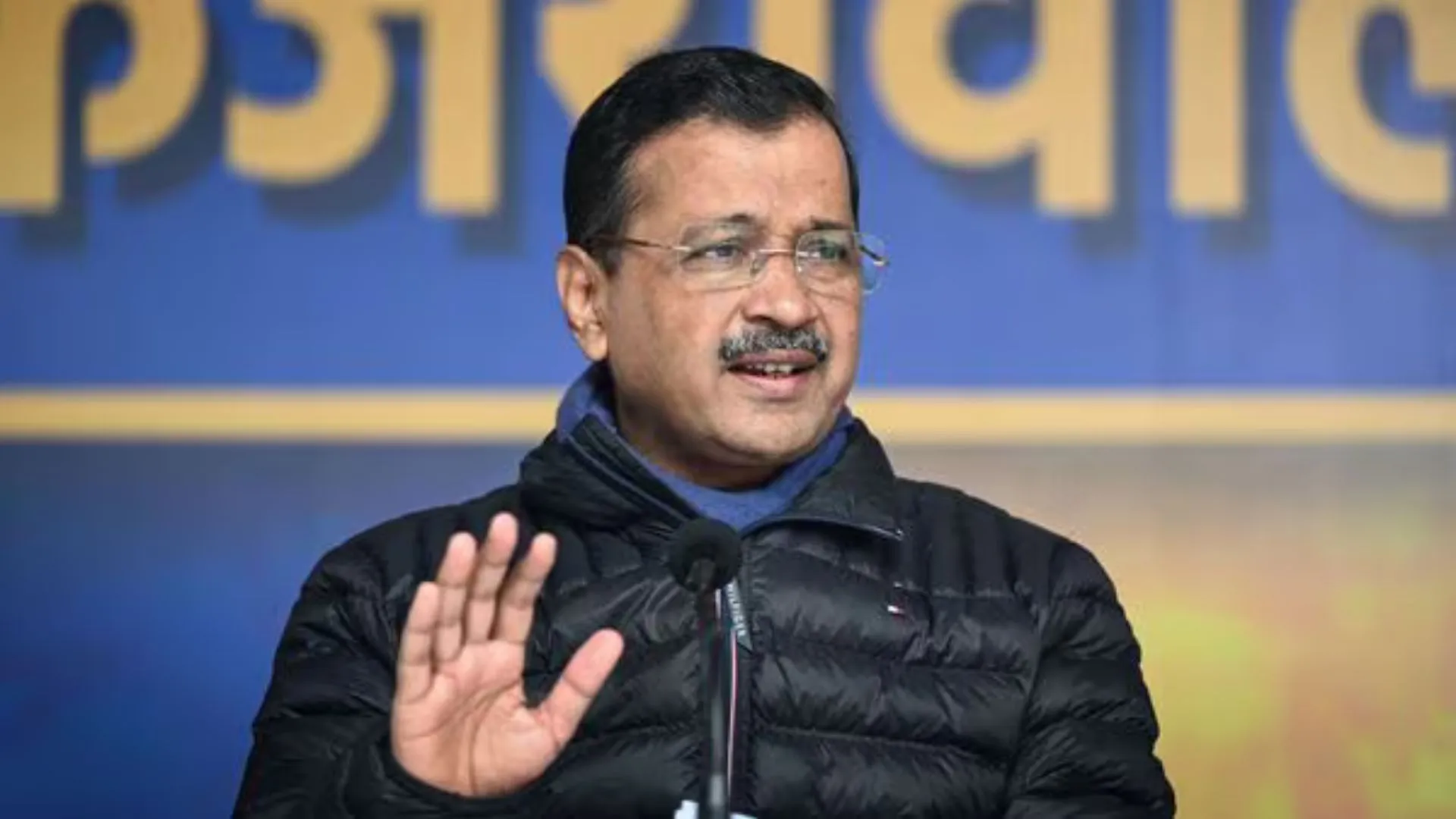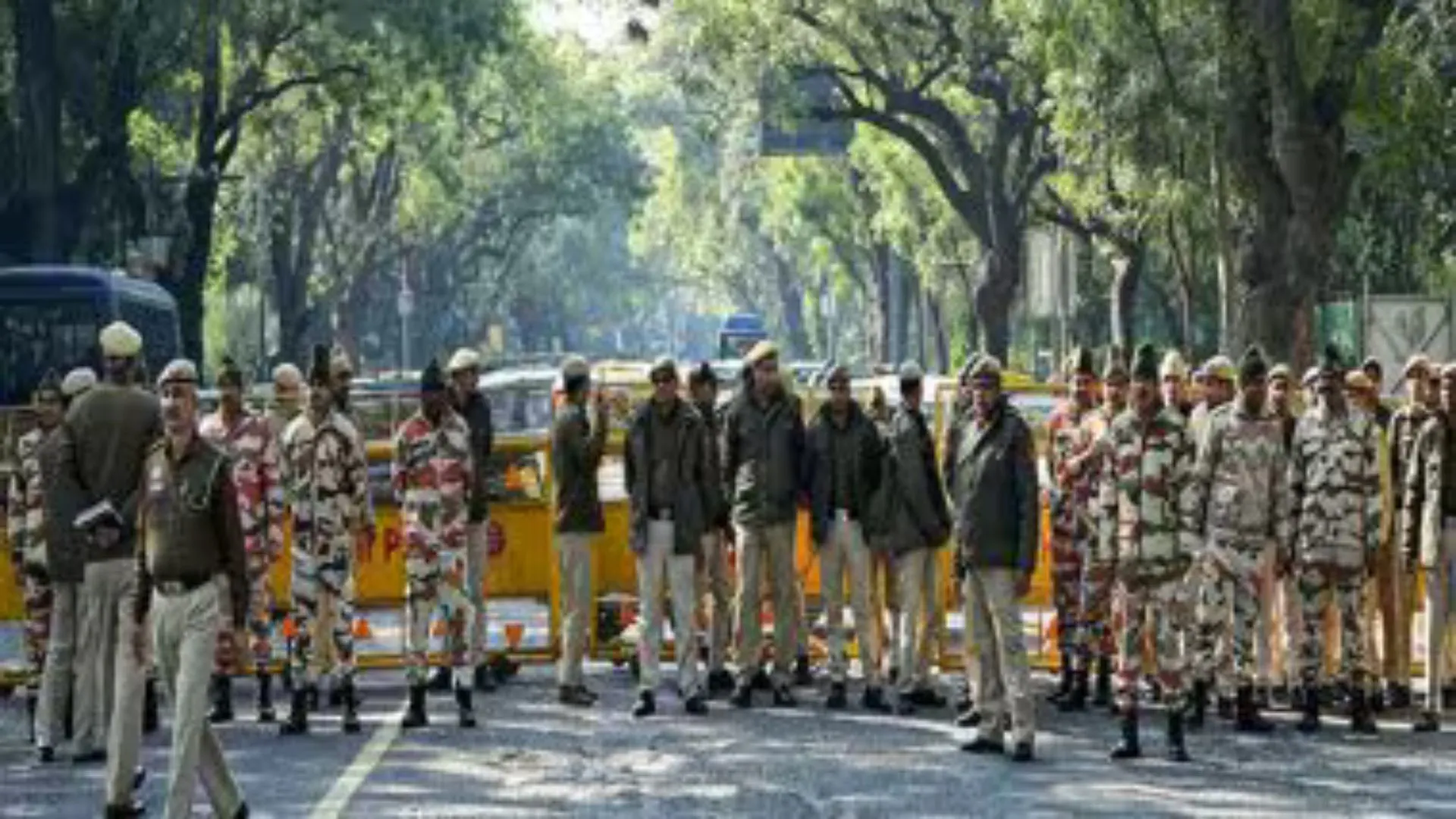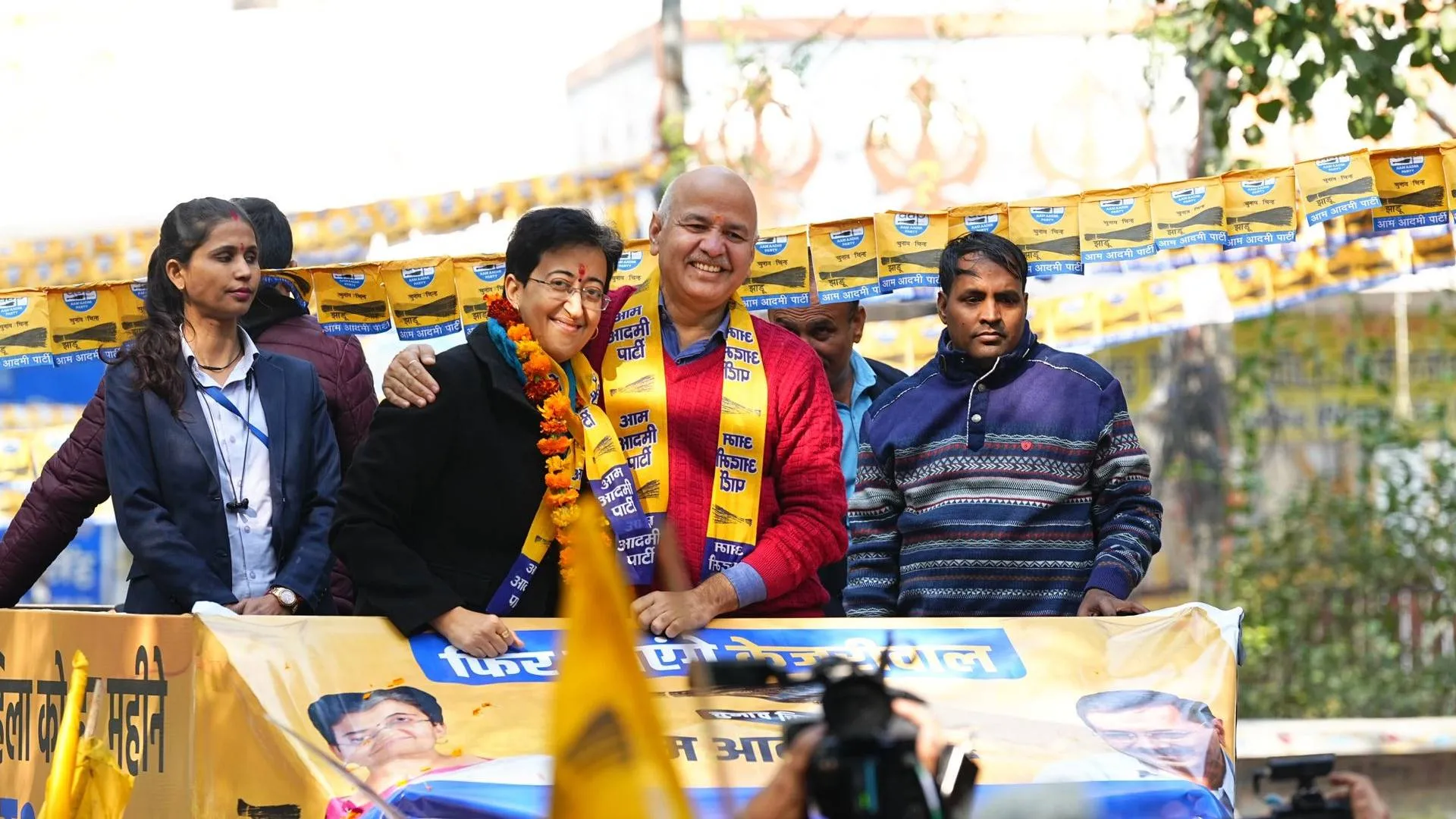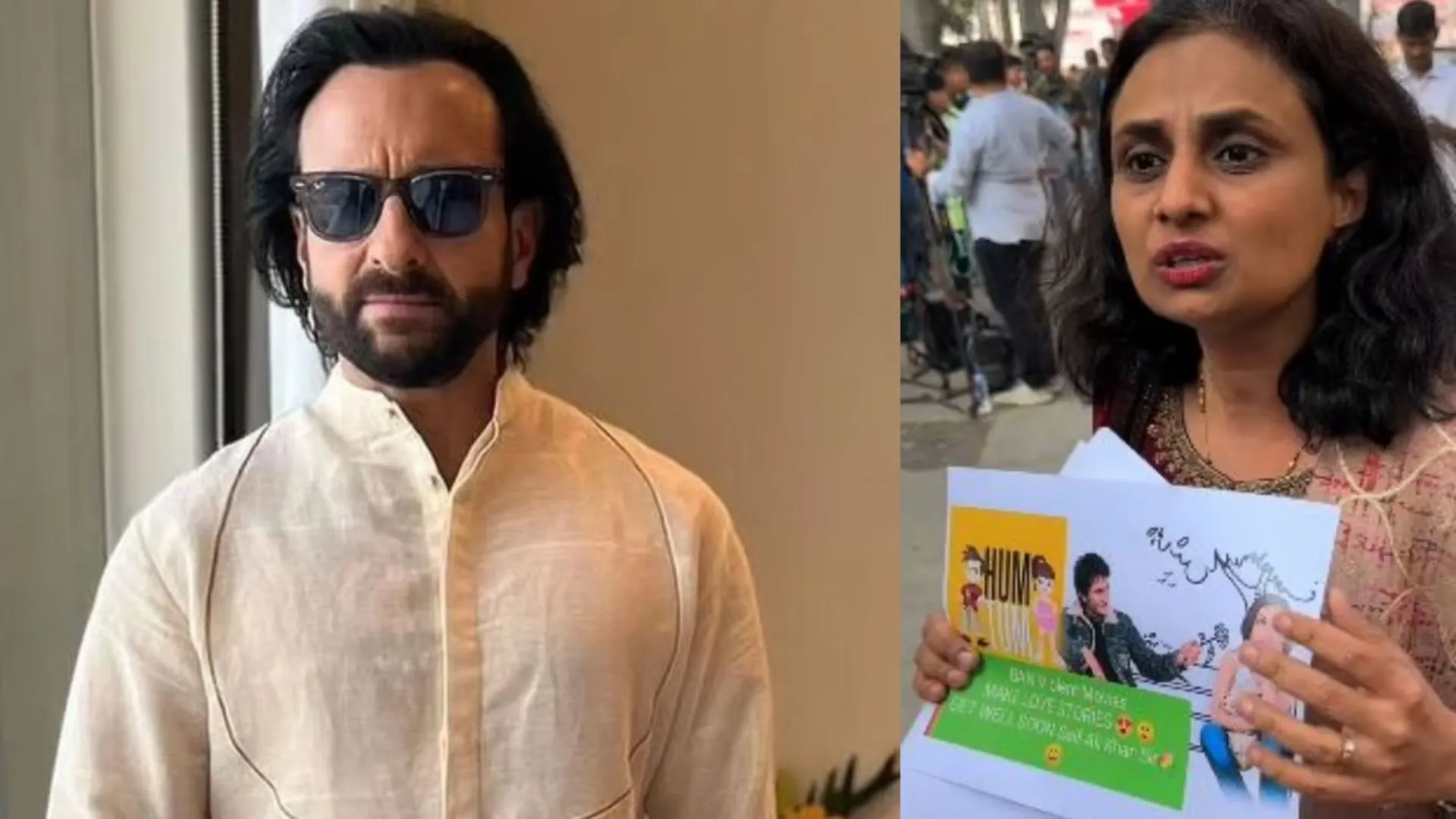The Bharatiya Janata Party (BJP) has fiercely criticised Congress leader Rahul Gandhi for his recent comments regarding the Sikh community, accusing him of inciting divisions and referencing the 1984 anti-Sikh riots. The BJP claims the Congress party is responsible for the massacre of Sikhs during the riots and is now attempting to use religious sentiments for political gains.
This uproar follows Gandhi’s remarks during a U.S. tour, where he questioned whether Sikhs in India are allowed to freely wear their turban and kada, and visit gurdwaras without restriction. His statements quickly sparked backlash from BJP leaders, including Union Minister Hardeep Singh Puri, who dismissed Gandhi’s concerns as baseless. Puri pointed out that Sikhs in India face no such restrictions and condemned Gandhi for allegedly trying to provoke the diaspora.
Also read: Haryana BJP Releases Second Candidate List: Captain Yogesh to Contest from Julana
BJP leaders Manjinder Singh Sirsa and Manoj Tiwari further criticised Gandhi, accusing him of attempting to divide the nation and tarnish India’s image abroad. Tiwari claimed Gandhi’s statements could fuel unrest and that his track record on issues like reservation only exacerbates concerns about his leadership.
The Congress party, however, stood by Gandhi, defending his remarks as a call to highlight the injustices faced by minorities in India. Senior Congress leader V Hanumantha Rao accused the BJP and RSS of using divisive politics to undermine India’s unity, alleging that they aim to turn the country into a Hindu-only nation.
The ongoing clash between the BJP and Congress intensifies as both parties attempt to frame the narrative ahead of upcoming elections, with the BJP pointing to the Congress’s past, while Congress accuses the ruling party of dividing India along religious lines.
Rahul Gandhi’s comments continue to fuel a heated debate, raising questions about religious freedom and communal politics in India. As the discourse unfolds, both sides remain locked in a battle over their contrasting visions for the country’s future.

